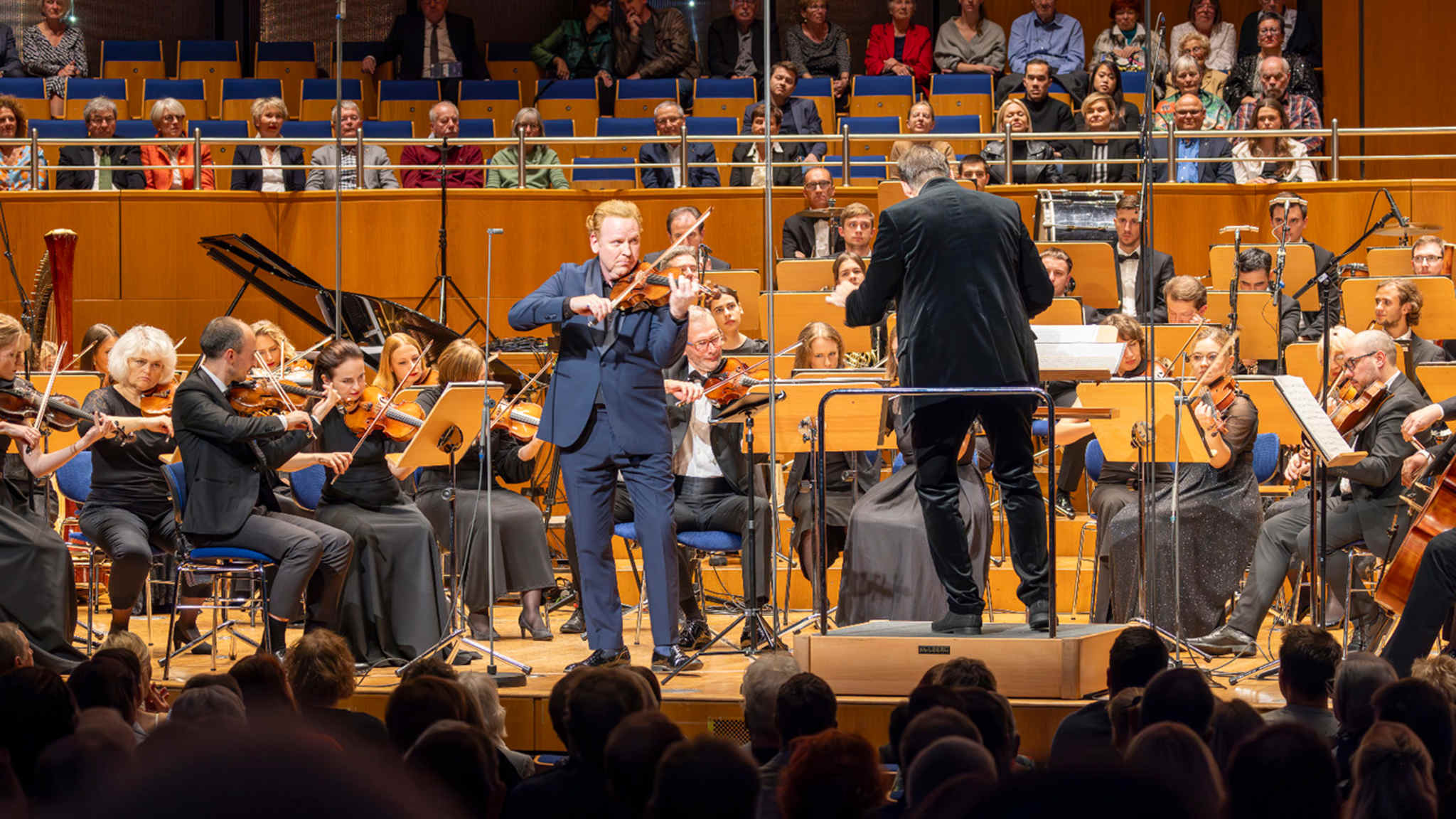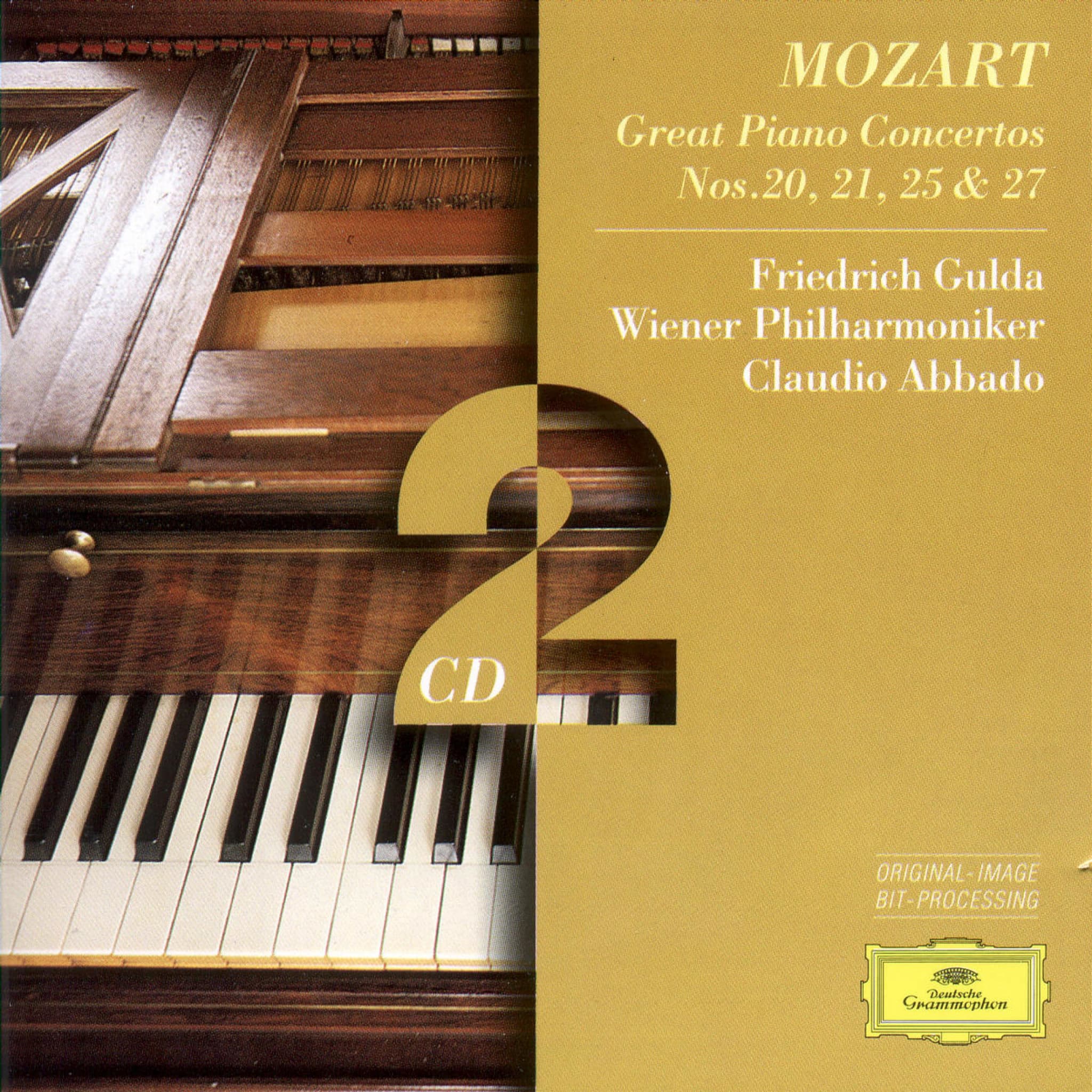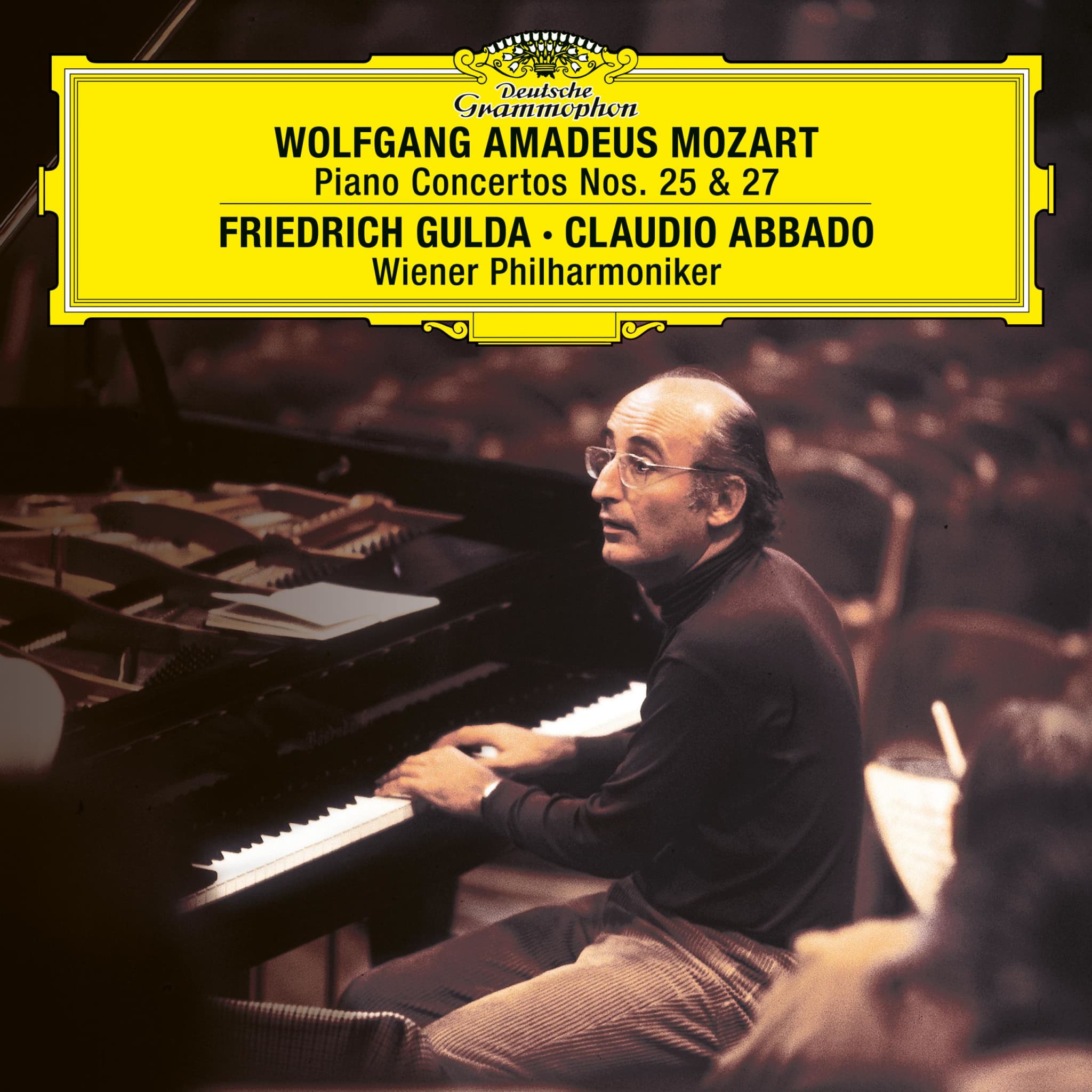Neu auf STAGE+
Alben
Dokumentationen
Infos
Friedrich Gulda

Im Alter von 16 Jahren gewann Friedrich Gulda 1946 den Internationalen Genfer Musikwettbewerb und zählte von diesem Zeitpunkt an unbestritten zu den zentralen Pianisten seiner Generation. Er war einer der ernst- und gewissenhaftesten Interpreten der Wiener Klassik und zugleich eine der exzentrischsten Persönlichkeiten der Musikwelt. Guldas Distanz zum Betrieb zeigte sich in seinen grundlegenden Vorbehalten gegenüber dem Klassikbetrieb, seinem beißenden Spott über die »Musikbeamten« und extravaganten Darbietungen als (gelegentlich auch nackt auftretender) Ruhestörer.
Wie der zwei Jahre jüngere Kollege Glenn Gould hielt Gulda Abstand zu fast allen romantischen Komponisten. Im Unterschied zu Gould allerdings liebte er Mozart, den er als einen »der größten Wohltäter der Menschheit« bezeichnete, über alles. Besonders seine Aufführungen und Einspielungen der sämtlichen Klaviersonaten von Beethoven sind Höhepunkte der dokumentierten Rezeptions-Geschichte. Daneben widmete er sich intensiv Kompositionen von Debussy und kehrte in späteren Jahren auch zur Musik von Chopin zurück, mit der er zu Beginn seiner Karriere Erfolge gefeiert hatte.
Vom »Genie, das so gerne Talent gewesen wäre«, schrieb einmal der Musikkritiker Wolfgang Sandner und spielte damit auf Guldas oft kritisch beurteilte Hinwendung zum Jazz an. Die Faszination für diese Musik war bereits im Jahr 1950 entstanden, als der Pianist triumphal in der Carnegie Hall debütierte und den legendären Club Birdland besuchte, in dem er einige Jahre später selbst auftreten sollte. Der Pianist musizierte gemeinsam mit Szene-Größen wie Chick Corea und Joe Zawinul, mischte immer offensiver Improvisationen in seine Programme und steigerte sein Rebellentum in späten Jahren noch mit Techno-Performances und Musikparties auf Ibiza. Davon blieb sein Ruhm als Klassik-Interpret unberührt.
Joachim Kaiser etwa zweifelte als prominentester Vertreter der seriösen Kritik niemals am Rang des unübertroffenen Beethoven-Spielers. 1999 brachte der schwer erkrankte Pianist selbst die Nachricht seines Ablebens in Umlauf, um dann bei einem »Auferstehungskonzert« doch noch einmal öffentlich aufzutreten. Auch dank seines fast lückenlos in Aufzeichnungen erhaltenen Schaffens hat die Legende Friedrich Gulda bis heute nichts von ihrer Strahlkraft eingebüßt.















